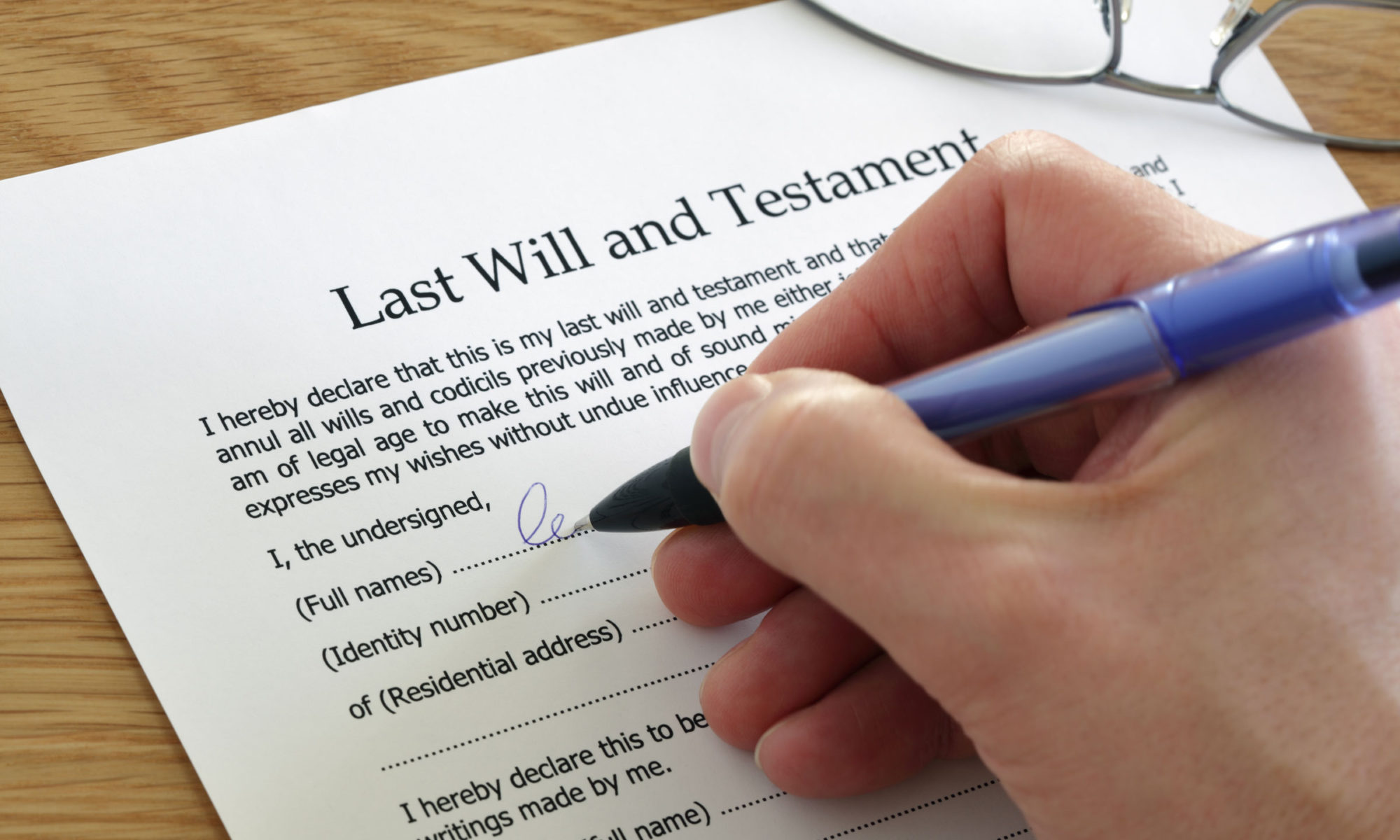Creating a will is a crucial factor in everyone’s life, and is something everyone should do, regardless of age. Many people often avoid thinking about the concept of death, which could potentially be one of the key reasons that more than half of adults in the UK do not currently have a will in place.
However, when someone dies without leaving a will in the UK, they are said to have died intestate, and their estate must be shared out according to the ‘rules of intestacy’, rather than your own expressed wishes. This can lead to tension among each of the respective parties, especially if they feel that the way the estate is divided is unfair.
It doesn’t matter how close you are to your loved ones – even as a spouse – if there’s no will your assets will be distributed strictly by intestacy rules, the same as anyone else.
What are the intestacy rules in the UK?
Set out in the Inheritance and Trustees’ Power Act (2014) in England and Wales, the rules detail strict instructions on who can inherit, depending on your circumstances.
- If the deceased was married or in a civil partnership and had no children, the entire estate goes to their spouse or civil partner, provided the estate is worth £322,000 or less. If the estate exceeds this amount and the deceased has children, the spouse or civil partner inherits the first £322,000 plus half of the remaining estate. The other half is divided equally among the siblings.
- If there is no spouse or civil partner, the estate is divided equally among the deceased’s children. If a child has already passed away, their share goes to their children – the grandchildren.
In England and Wales, the following people inherit, in priority order:
- Spouse and civil partners
- Children
- Parents
- Full-blood siblings
- Half-blood siblings
- Grandparents
- Aunts/uncles
- Half-blood aunts/uncles
If there are no living relatives, the entire estate passes to the Crown. It’s important to note that intestacy law does not cover stepchildren, unmarried partners, friends, and charities, meaning that many of those who are close to you may be left with nothing after your passing.
Rejecting your inheritance
In some cases, you may choose to reject the money or property you are set to inherit. This is known as ‘disclaiming’ an inheritance which then passes to the next person entitled under the intestacy rules. It is important to highlight that if you disclaim the inheritance this must apply to the whole asset. It is not possible to receive part of the asset and decline another part.
How to find out if someone has left a valid UK will
Ideally, anyone who creates a will should inform their named executors and ensure they know where it is stored such as in a solicitor’s office or a bank.
However, if you are unsure on whether a will was left, you can search for a record online through the Probate Service for a small fee.
If you cannot locate the will but believe one exists, you can report it as lost when submitting your probate application.
The importance of writing a will
When someone dies, it can be an extremely difficult time for those close to the person. Having a will can help avoid undue stress and worry, leaving friends and family to focus on grieving with peace of mind, knowing there is a plan in place for handling the estate.
A will ensures that your assets are distributed according to your wishes, providing financial support for loved ones and reducing the risk of disputes that could cause strain or damage family relationships.
How to reduce disputes or complications in the absence of a will?
If a relative dies without a will, you can apply to the court for a ‘grant of letters of administration’ to manage their estate. This application must be made within two years of their death; otherwise, the law will begin to distribute the estate automatically based on intestacy rules.
A minimum of two administrators is required, with a maximum of four. Having multiple administrators can help reduce conflicts by ensuring the interests of different family members are represented, particularly in complex estates. However, third-party advice from a solicitor is also recommended. They can act as an unbiased party and consultant for any legal queries the administrators and their loved ones may have.
If you need help and support on matters concerning wills and probate, our team of specialists at Thomas and Thomas Solicitors provide a comprehensive range of Will services. For further support and advice, contact us here.
By India Ford, Trainee Solicitor within the Wills and Probate Department





